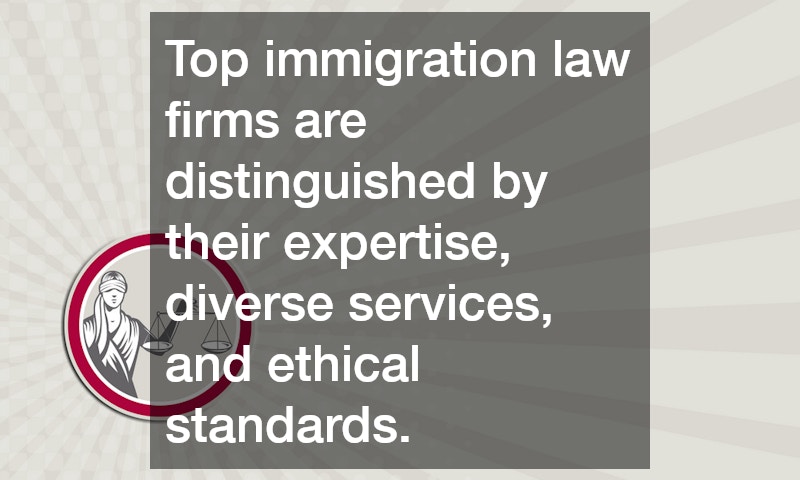- Broken families are on the rise due to divorce and poverty in Australia.
- Children from broken families often face mental health, educational, and financial challenges.
- Single-parent households are more likely to live in poverty, leading to social and economic vulnerabilities.
- Crime rates are higher among children from broken families due to a lack of parental supervision and values.
- Communities can address this problem through legal, community support, and counseling services.
Everyone has a personal experience of a broken family. Families can fall apart for various reasons, such as divorce, separation, death, or abandonment. However, there is a more prominent reason which is poverty. Single parents often struggle to sustain the basic needs of the family. As a result, broken families can severely impact different aspects of their community. Here’s what you need to know about broken families and how it can affect your community in the long run.
Broken Families Are Rising
It’s estimated that there were nearly 50,000 divorces in Australia in 2020. This number represents the potential number of broken families in the country, as divorce often contributes to broken families. Not only that, but poverty and financial strain are also factors that contribute to the rising number of broken families in Australia. Here’s how local communities are affected by these broken families and how to help deal with it.
Mental Health of the Children
Children growing up in a broken family face numerous challenges of different sorts. There is an increased risk of clinical depression, anxiety, sadness, and substance use disorders. Moreover, children from these families often face stigma and bullying in the community. Schools, provision of mental health services, and social programs aimed at protecting children’s mental health can support the children and improve their long-term prognosis.
Educational Achievement
Children of single-parent families are likelier to drop out of high school than their peers from two-parent families. Financial and social constraints are the leading factors resulting in lower education levels.
Education is crucial for a child’s long-term success and, by extension, the community’s prosperity. There is a need to develop programs to address the challenges single-parent families and their children face to ensure they succeed in the education system.

Lower-Income Levels
Poverty is a significant contributor to family disintegration. As a result, broken families are more likely to live in poverty. Single-parent homes have a lower household income, which can lead to social and economic vulnerabilities. Low-income impacts the family’s health care quality, nutrition, housing, and debt accumulation. Providing social policy support to these families will help prevent the other subsequent adverse outcomes of lower socio-economic status.
Crime Rates
Children from broken families are more likely to become involved in criminal activities. Children growing up without a robust system of values and discipline are likelier to turn towards illegal activities to make ends meet. Parental supervision and emotional stability are crucial for preventing juvenile delinquency crime patterns. Crime rates affect individuals and the entire community, leading to a less safe and prosperous society.
Increased Burden on Public Services
Broken families often rely on government and community aid programs to sustain basic needs. Government and community assistance programs must provide efficient and effective aid to single-parent families. However, this can also put stress on public programs, leading to an increased burden on taxpayers.
How Communities Deal With This Problem
There are various ways the community can help address broken families. Here are some of those ways:

Legal Services
Contested divorces are very costly. If you want to reduce the financial burden of a divorce, you need to hire an experienced contested divorce attorney. An experienced attorney will ensure that the process is done correctly and promptly. Moreover, they can guide you through the process and help you get the best outcome.
Community Support
Local organizations and programs support single-parent families by providing resources such as food, clothing, housing, and counseling services. Such initiatives help reduce the financial burden on single-parent households and provide emotional and psychological support for both parents and children.
Counseling Services
Having access to professional counseling services can help parents and children cope with the emotional fallout of a broken family. Counselors provide families with resources for dealing with stress and other psychological issues. In addition, they provide advice and guidance to help families build better relationships with each other.
Broken families are a significant problem that affects the entire community. No one is immune from family disintegration, but there are ways to cope. Local communities must take necessary steps to ensure that single-parent households have the financial and emotional support they need. It’s crucial to ensure broken families have access to the services and resources they need to move forward.

